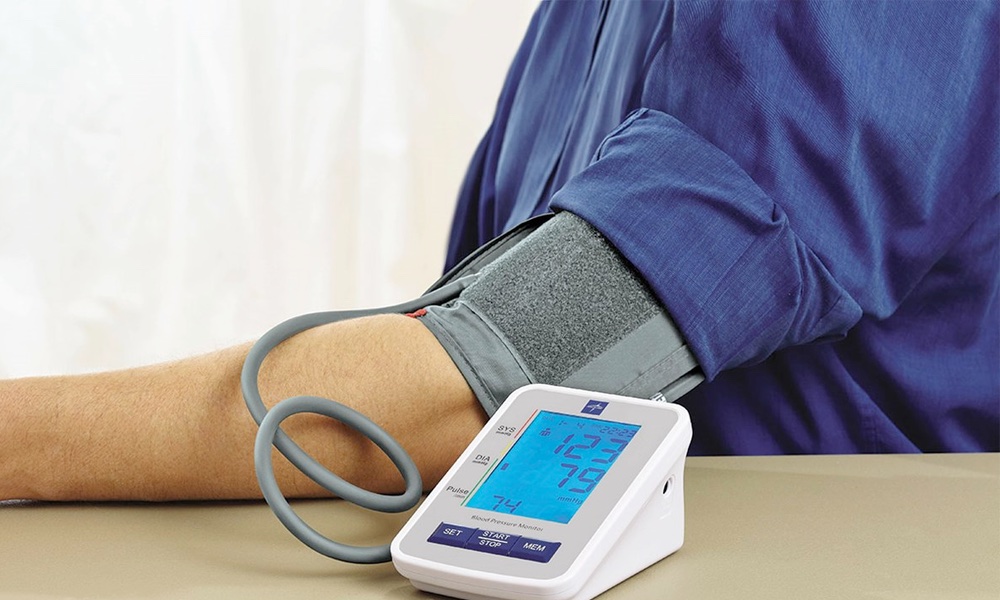We’ve been told for years that being shaped like an "apple" is not good for the health of our hearts. Earlier research had shown that belly fat, in contrast to more evenly distributed fat, was strongly linked to heart risk — some studies have shown that apple-shaped individuals have three times the risk of heart disease than overweight people whose fat is not carried in the belly. But now a new study questions these findings, and reports that the distribution of fat is not nearly as important as other factors, like blood pressure and cholesterol level.
Cholesterol, blood pressure, and diabetes history all remained very strong predictors of heart risk. In fact, when these three variables were used to predict one’s overall risk for heart disease, adding belly fat and BMI to the equation did not improve its accuracy in any measurable way.
The new study followed over 220,000 people in 17 different countries for about ten years (their average age was 58 when the study began). Over the ten year follow-up period, approximately 14,000 participants experienced a heart attack or stroke. The researchers found that belly fat, waist circumference, and body mass index (BMI), all had about the same power in predicting heart risk: in other words, belly fat was not linked to any greater likelihood of developing heart disease than other measures of weight.
Cholesterol, blood pressure, and diabetes history all remained very strong predictors of heart risk. In fact, when these three variables were used to predict one’s overall risk for heart disease, adding belly fat and BMI to the equation did not improve its accuracy in any measurable way. This indicates that when other important risk factors like blood lipids and diabetes history are available, adding weight to the mix does not add much accuracy. However, the researchers make sure to stress the fact that "adiposity" or obesity alone is still a strong predictor of heart risk, and write that their findings "underscore the importance of controlling adiposity to help prevent cardiovascular disease".
The study was carried out by researchers at the University of Cambridge, and published in the March 10, 2011 advance online issue of The Lancet.




